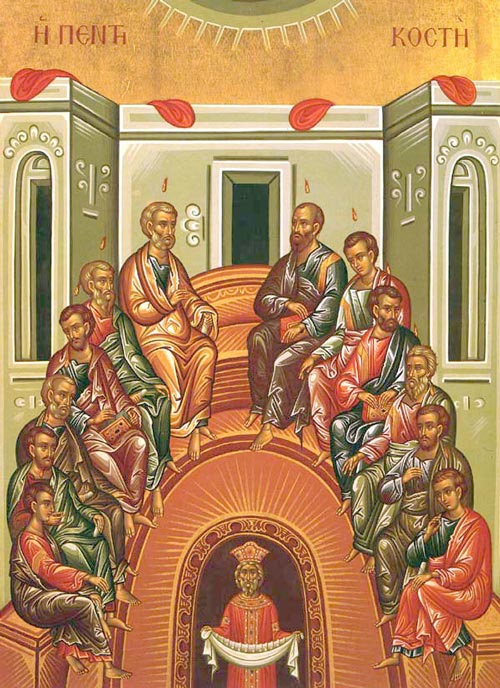
The economy of our salvation is accomplished! The operation of the Most Holy Trinity have now come into effect to accomplish it. What God the Father has willed, the Son of God fulfilled in Himself, and the Holy Spirit has now descended in order to impart it to the faithful. For our salvation is according to the foreknowledge of God the Father, through sanctification of the Spirit, unto obedience and sprinkling of the Blood of Jesus Christ (I Pet. 1:2). For this sake we are baptized in the name of the Father, and of the Son, and of the Holy Spirit, obliged, to observe all things whatsoever I have commanded you (Matt. 28:19–20). Those who do not confess the Most Holy Trinity cannot participate in the saving action of Its Hypostases and thus receive salvation. Glory to the Father and to the Son and to the Holy Spirit, the Trinity one in essence and undivided, granting us confession of Itself! “O Father Almighty, and Word, and Spirit, one nature united in three Hypostases, transcendent and extremely divine! Into Thee have we been baptized, and Thee shall we bless throughout all ages.”
„Thoughts for Each Day of the Year“ by St. Theophan the Recluse


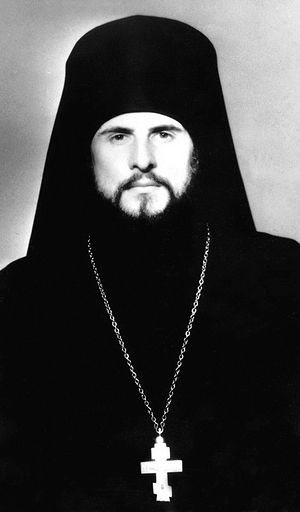 This is the last interview that Hieromonk Vasily (Roslyakov) is known to have given, shortly before Pascha, April 18, 1993, when he and two other monks—Trophim and Therapont—were killed by the hand of a satanist at Optina Pustyn.
This is the last interview that Hieromonk Vasily (Roslyakov) is known to have given, shortly before Pascha, April 18, 1993, when he and two other monks—Trophim and Therapont—were killed by the hand of a satanist at Optina Pustyn.
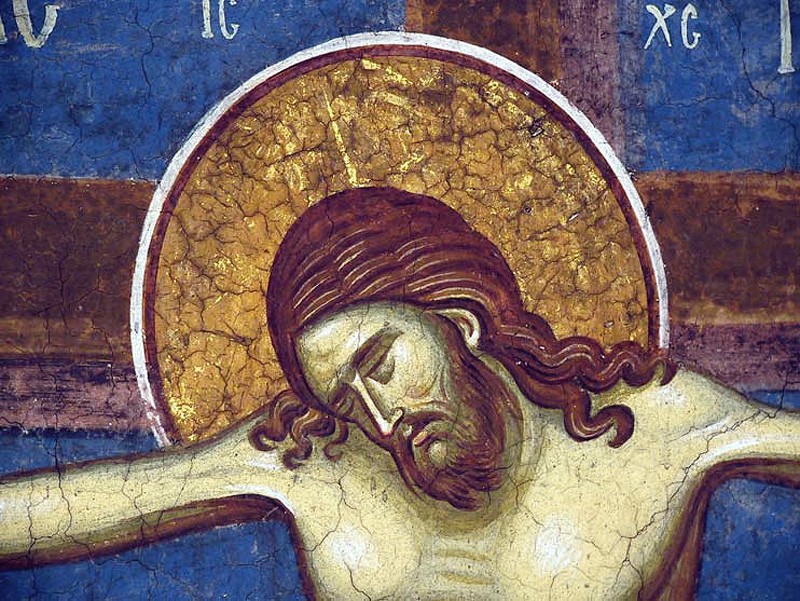
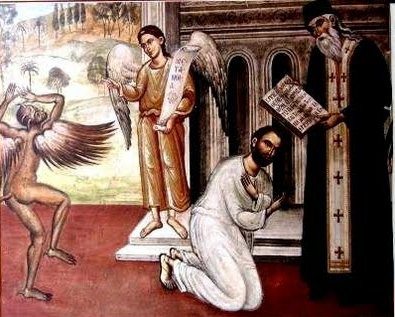 The demon always rejoices when things are hidden. Thieves do not steal as much during the day; they steal more often during the night. Similarly, the demons hide within the night of concealed thoughts, and this is when they harm us.
The demon always rejoices when things are hidden. Thieves do not steal as much during the day; they steal more often during the night. Similarly, the demons hide within the night of concealed thoughts, and this is when they harm us.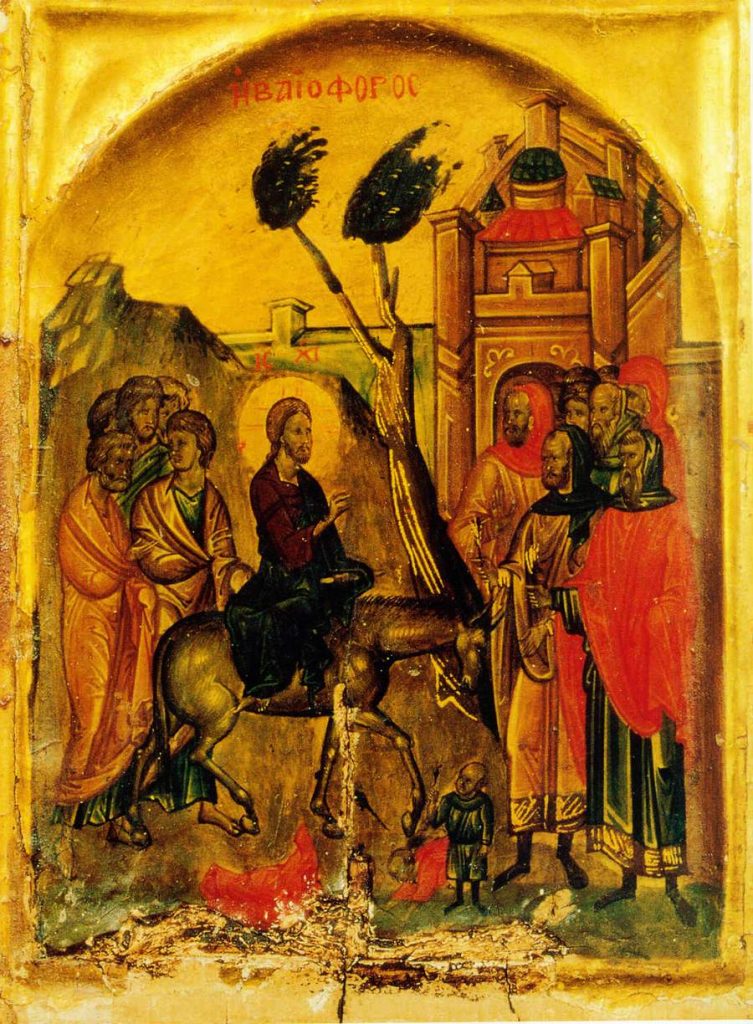
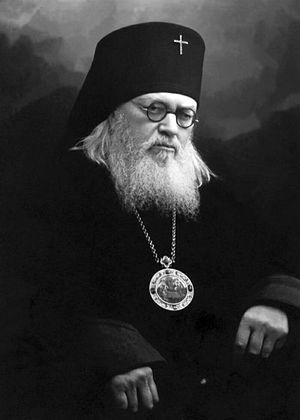
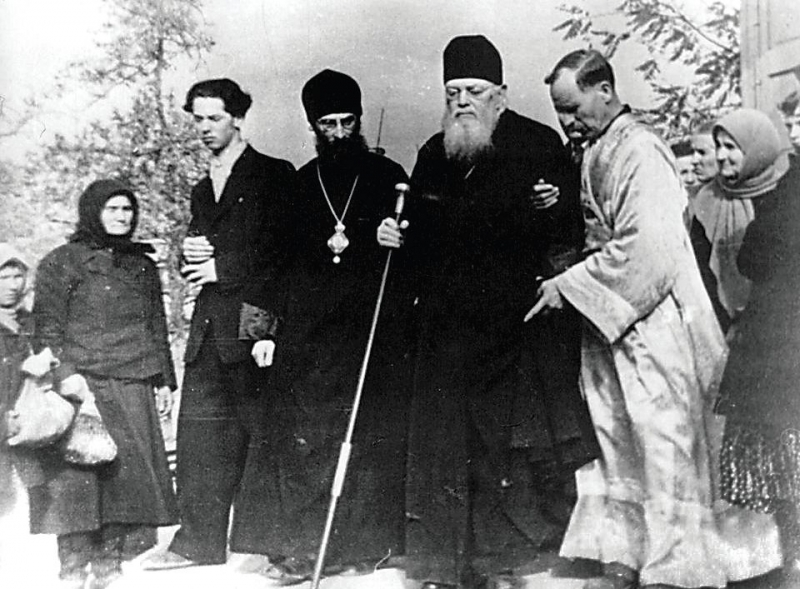
 The great Stefan Nemanja, whose authorative words everyone unconditionally heeded to and at whom people and emperors trembled, became a monk and served the monks of the Holy Mountain [Athos] as an ideal example of meekness, humility, goodness and piety. Even his death was the death of a truly godly-man and spiritual leader. He became bedridden on February 7. He summoned St. Sava, placed his hands on him and blessed him saying: “My beloved child, the light of my eyes, comfort and protector in my old age! Behold the time of our separation has arrived. Behold the Lord is releasing me in peace. But you, my child, do not mourn because of our separation. For parting is the common cup of all and everyone; here we part from one another but we will meet there where there is no separation.” On February 12, St. Simeon asked Sava to clothe him in a burial cassock, to spread a mat on the ground, lay him there and place a stone under his head. He then summoned all the monks and asked their forgiveness. At dawn, on February 13, while the monks were chanting the Office of Matins in church and the voices were reaching the cell of the dying one, St. Simeon, once more his face radiated and he gave up his soul to his God.
The great Stefan Nemanja, whose authorative words everyone unconditionally heeded to and at whom people and emperors trembled, became a monk and served the monks of the Holy Mountain [Athos] as an ideal example of meekness, humility, goodness and piety. Even his death was the death of a truly godly-man and spiritual leader. He became bedridden on February 7. He summoned St. Sava, placed his hands on him and blessed him saying: “My beloved child, the light of my eyes, comfort and protector in my old age! Behold the time of our separation has arrived. Behold the Lord is releasing me in peace. But you, my child, do not mourn because of our separation. For parting is the common cup of all and everyone; here we part from one another but we will meet there where there is no separation.” On February 12, St. Simeon asked Sava to clothe him in a burial cassock, to spread a mat on the ground, lay him there and place a stone under his head. He then summoned all the monks and asked their forgiveness. At dawn, on February 13, while the monks were chanting the Office of Matins in church and the voices were reaching the cell of the dying one, St. Simeon, once more his face radiated and he gave up his soul to his God.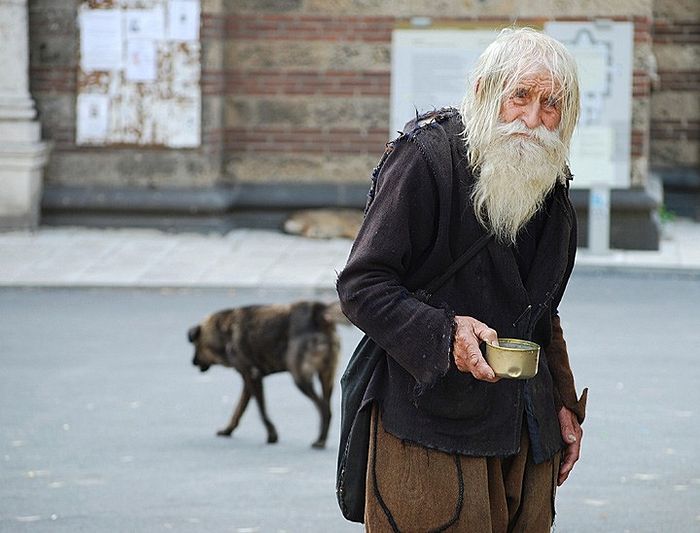 “Pray to your Guardian Angel! He helps and prays to God for you!”
“Pray to your Guardian Angel! He helps and prays to God for you!”